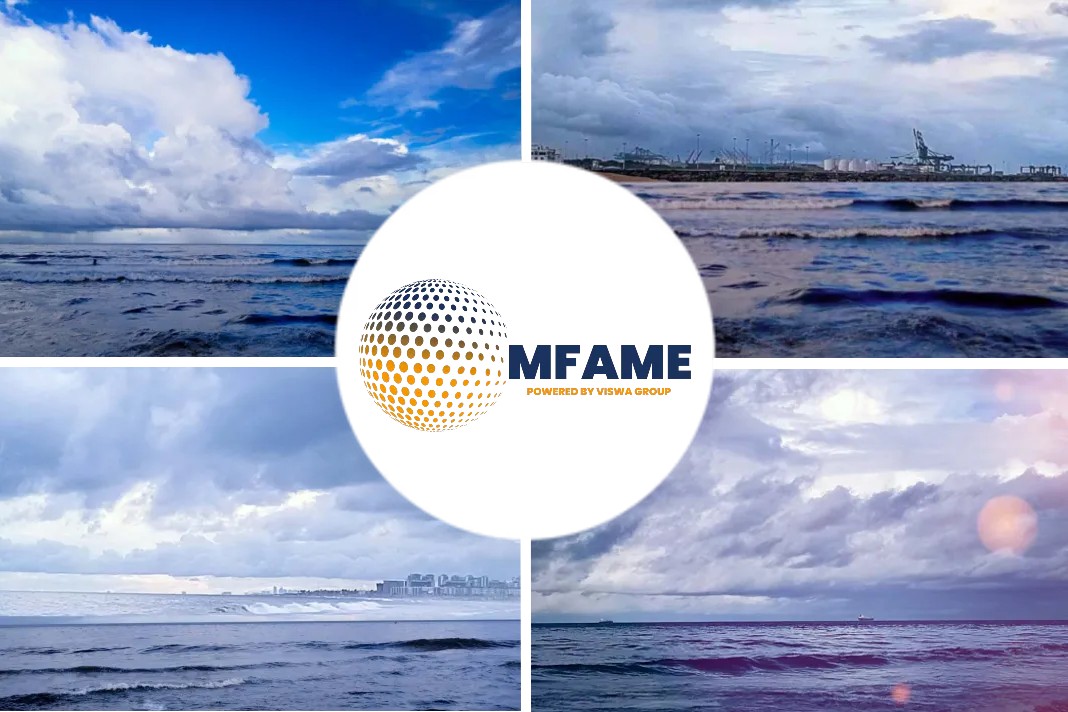Eric Schmidt has taken on big challenges before, fighting Microsoft when he led Novell and taking on Brussels when he was CEO at Google. Today, the billionaire is focusing his energy on rousing the U.S. to fight what he sees as its biggest tech struggle yet: competition with China, reports Axios.
China to dominate critical fields
What they’re saying: “We have to do whatever it takes,” he told Axios in an interview in Washington D.C. on Wednesday.
In Schmidt’s eyes, China has already become a peer of the U.S. and has a clear plan for how it wants to dominate critical fields, from semiconductors to AI, and clean energy to biotech.
The U.S., meanwhile, has been slow to formulate a response and even slower to take action.
Driving the news: Schmidt was on Capitol Hill Wednesday making his case that the U.S. should set up a national academy to train tech workers who would work in a civilian capacity for the federal government for five years in return for their education.
In the long term, he envisions a separate four-year university, but initially the program could launch at existing universities who teach an agreed-upon curriculum, similar to the military’s ROTC.
The big picture
China shapes Schmidt’s views of everything from how tech should be regulated to the war in Ukraine.
“The fact of the matter is, the antitrust issue is a domestic issue. The real issue is we need to compete against China and win,” he said. “I want all of the conversation to be with the tech industry — what does it take to produce globally strong platforms? What is it going to take?”
He’s not opposed to reining in the industry’s excesses, which he admits exist. But he argues that legislation should focus on addressing specific harms rather than looking to break up companies.
Schmidt also said Europe’s proposals on regulating artificial intelligence “need to be re-done,” and in general says he is opposed to regulating AI and other advances to solve problems that have yet to appear.
Context: Big Tech companies and their allies also have warned about the national security risks posed by the antitrust bills under consideration on Capitol Hill.
Meanwhile, when it comes to Ukraine, Schmidt said it is a reminder that war is “much deadlier” than many people realize and pointed out how much worse it would be if, say, the U.S. were in an armed war with China over Taiwan.
“It would be much much worse if it were the U.S. and China. It would be so horrific.”
In the Ukraine conflict, Schmidt also sees a reminder of the U.S.’s critical dependence on Taiwan, especially for leading edge semiconductors, where TSMC provides half of the global supply.
Between the lines
Schmidt has been heavily involved in helping draft U.S. strategies designed to compete with China in the same areas China is focused, including clean energy, AI, semiconductors and quantum computing.
He said China has not only laid out a strategy for global leadership in those areas, but is taking action.
“The US should say that, with Western values, we should compete,” Schmidt said.
Where possible, he said, the U.S. and China should remain in dialogue. “This closing down of science has a lot of negative repercussions,” he said. “We’re safer when we talk to each other. We’re safer when we recognize the shared humanity.”
Yes, but: Some critics in and out of government say Schmidt has overstepped, trying to exert undue influence over government tech policy. Politico reported this week that his nonprofit, Schmidt Futures, indirectly paid the salaries of two employees in the White House Office of Science and Technology Policy.
Eric Braverman, CEO of Schmidt Futures, noted that OSTP is authorized by statute to seek outside expertise. “Congress, in its wisdom, created a mechanism by which philanthropies and others can provide that talent without any control,” Braverman told Axios.
Did you subscribe to our daily newsletter?
It’s Free! Click here to Subscribe!
Source: Axios

















